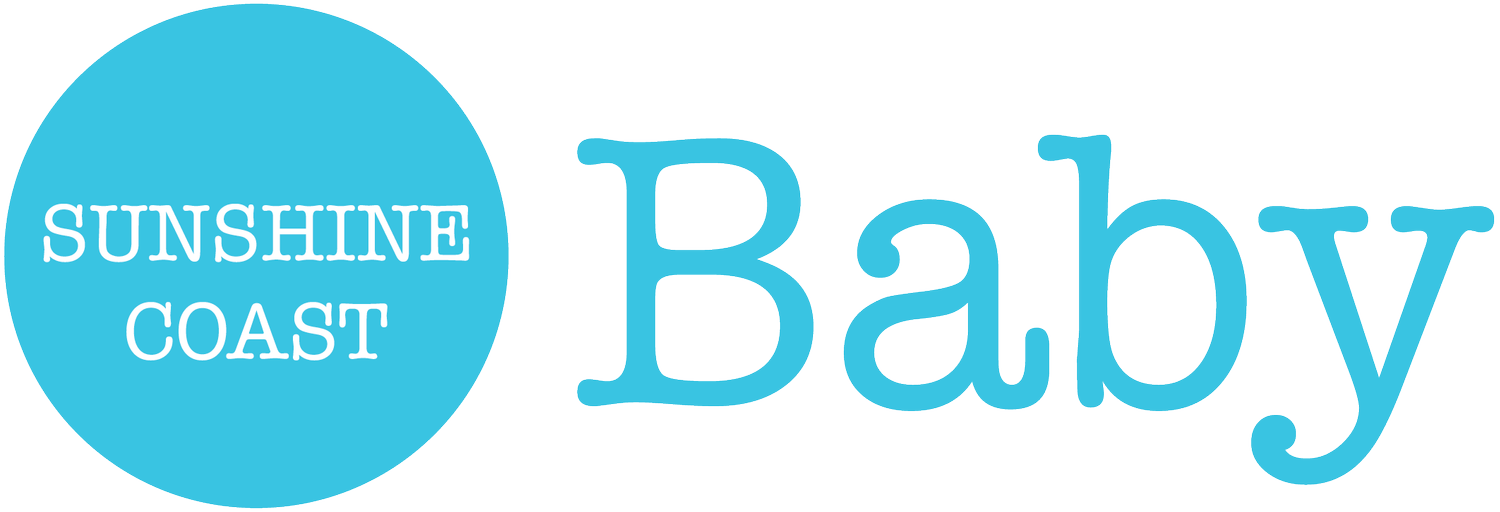The things no-one tells you about becoming parents.
By Carla Anderson
The transition to parenthood is a significant life milestone for many - mums, dads and non-birthing partners. Typically there tends to be a big focus on all of the physical changes of pregnancy and in preparation for birth. However there are equally important emotional changes and challenges of the perinatal period - the time from conception through to your first year after birth.
So while everyone is talking about heartburn and things to put in your hospital bag, what often gets glossed over is that the perinatal period can be a time of intense physiological, psychological, emotional, developmental, and social change.
With these changes can come an increased vulnerability to coping with challenges throughout this time. Perinatal experiences can include fertility difficulties, grief and loss, birth trauma, depression and anxiety, and difficulties related to changes in relationships - relationship with partner, relationship with baby, relationship with others, and relationship with self.
On the flipside we also know that there are psychological and developmental processes that occur in the perinatal journey that primes parents for love and connection - with their baby and each other - so the perinatal period can also be a time of learning and growth for individuals and for their relationships. However this is still another adjustment to go through, which can feel tricky to navigate.
The reality is that we don’t know what we don’t know, and this is why it’s so important to talk about all of this change and transitions. Otherwise we can think it’s just us who is feeling a certain way, and that can be pretty lonely and difficult and lead to mood changes. So where do we start? Here’s a few ideas:
Talk openly with partners and trusted people about expectations based on each of your own experiences of being parented, your values and what you both want for your family unit. Ask each other:
“What are the things your family/parents did that you really liked or didn’t like?”
“How were emotions responded to? Who was the main nurturer?”
“What roles did each parent have?”
“What did discipline look like in your house?”
“What things did you do together that you really enjoyed?”
“Did you have any family rituals/routines/traditions?”
It’s also important to be aware of unrealistic expectations that you may have about parenthood and where these come from, whether it be from your early experiences or from the highlight reel that is social media. Everybody’s experiences are different and it is so important not to compare yourself, rather to gently challenge unrealistic expectations with some self-compassion. A great question to ask yourself is:
“What would I say to another parent?”
It's also helpful to be aware of signs of mood changes which may include;
tearfulness,
loss of motivation and interest in things,
excessive worry & anxiety,
intrusive thoughts,
difficulty sleeping not related to baby,
feelings of guilt,
negative self-talk,
avoiding social contact,
intimacy difficulties.
If you aren’t feeling yourself and struggling to have these conversations, know that you are not alone, and support is available. It’s so important to build your village (know who your supports are), and where to go to seek professional support from a trusted health professional.
The Perinatal Child and Family Hub have over 20 years of experience providing safe, non-judgemental and confidential psychological counselling, assessment and support services. They offer personalised sessions to individuals and families along the range of development and life stages from Perinatal (preconception, pregnancy, birth and postnatal), through to children & youth, as well as a focus on support for the many challenges faced by families. For more information head to: www.perinatalchildfamilyhub.com

